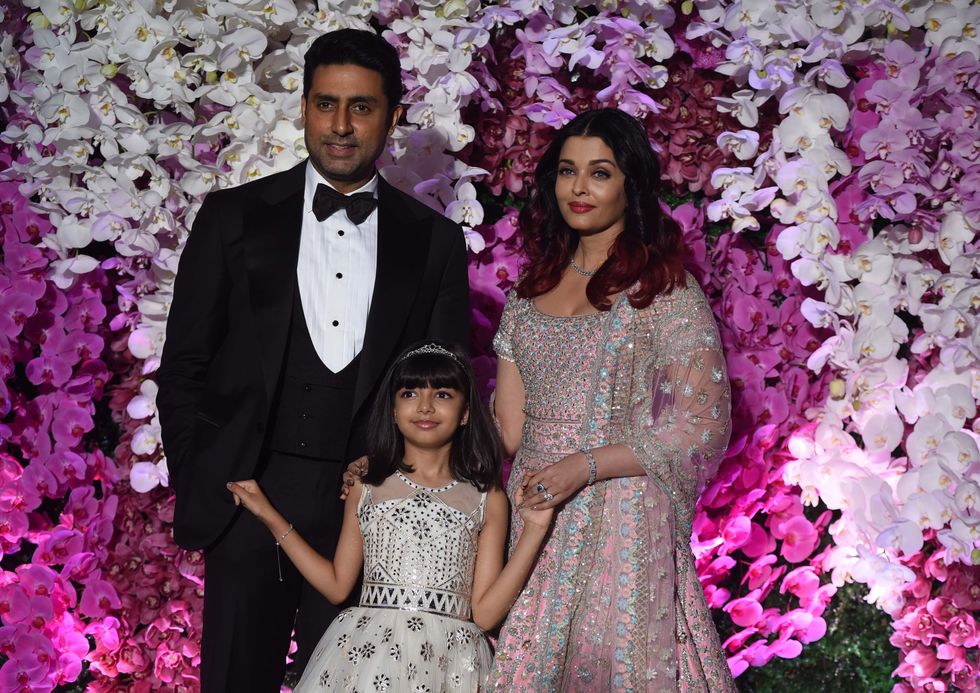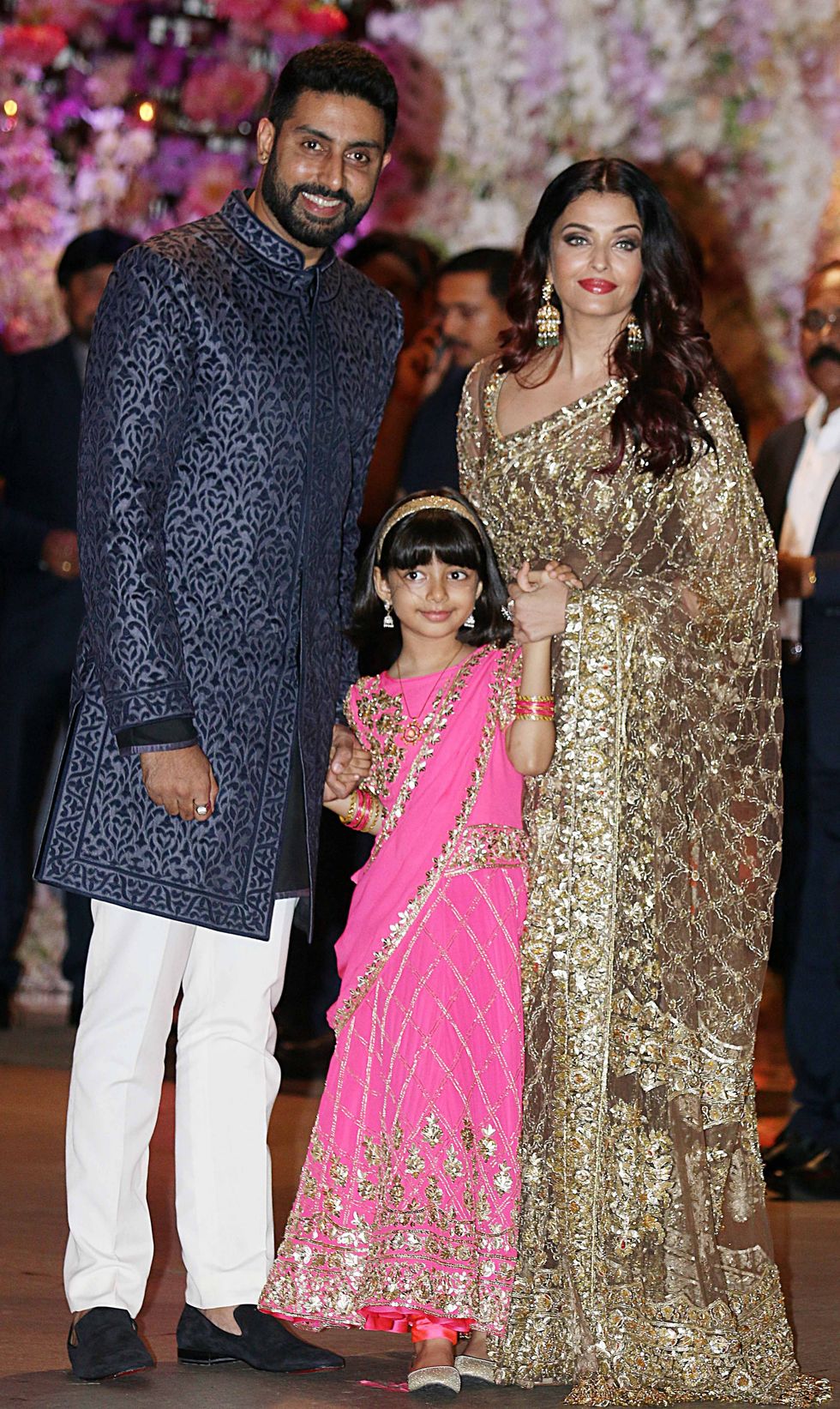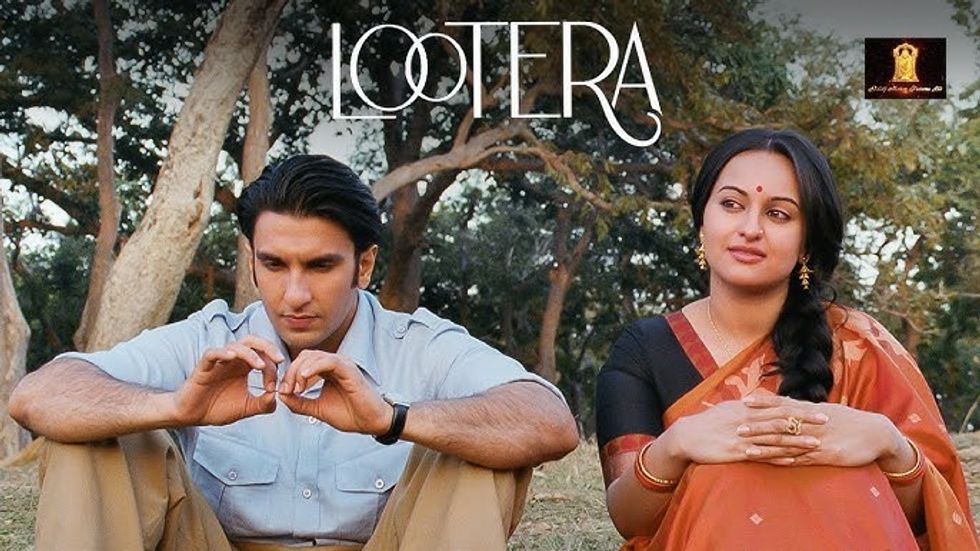by LAUREN CODLING
ETHNIC minority members of the armed forces have been urged to resolve problems “informally” at first, as senior military personnel believe this approach could be the best way forward.
A Commons Defence Committee report published last month showed that 13 per cent of ethnic minorities made complaints in 2018 despite making up just seven per cent of the armed forces.
The services received 1,185 complaints in 2018 – with bullying, harassment and discrimination accounting for a quarter of these. Thirty-nine per cent of complaints from BAME personnel concerned bullying, harassment and discrimination, compared to 24 per cent for their white counterparts.
Colonel Karl Harris, who is the Army BAME Network chair, said the first response from the organisation would be to advise the complainant to handle concerns unofficially, rather than immediately file a formal complaint.
“Trying to resolve problems informally at the lowest possible level has been the healthiest approach for all parties to take,” he told Eastern Eye. “It can be really problematic when people ‘dig in’ – they build a moat, lift up the drawbridge, hide behind walls, and suddenly it is difficult to try and resolve things in a way that suits all parties when it may just have been a misunderstanding.”
His comments come as two former British Army soldiers this week won a racial discrimination case against the Ministry of Justice. Hani Gue and Nkululeko Zulu claimed they experienced harassment and bullying over a number of years while in the armed forces.
According to the ruling on Monday (16), the pair had been victims of racist graffiti in their barracks in Colchester last January. The court heard someone had drawn a swastika and a Hitler moustache and written a racist remark on photographs of the men attached to Gue’s door.
Major Javed Johl, who is involved with the BAME Network, previously handled complaints for his regiment. He told Eastern Eye that among the several complaints he dealt with, many were down to “cultural misunderstanding”.
“It came from both the side of the complainant and the respondent. The only way to get through that is by a shared understanding of where two parties come from, in terms of their attitudes and outlook on service life,” he explained.
Johl, from Leicester, has been in the armed forces since 2011. He revealed he had endured some “underhand comments” from his fellow soldiers when he first joined.
“It was more overt when I was a soldier,” he said. “I just experienced a bit of name calling.”
Asked if he ever considered filing a complaint, Johl said it was “not in his nature”.
“If I had a problem with someone, I would discuss it with them in person,” he asserted.
Corporal Sohail Ifraz said the findings by the Commons Defence Committee report were “disappointing”. He told Eastern Eye that some were “quick to complain” rather than try to sort the situation out in an informal manner.
Ifraz, 25, has been in the armed forces for six and-a-half years. Although he has never filed an official complaint, there was an instance when he felt uncomfortable about the way a senior officer treated him.
He recalled that the officer had handed him a ham sandwich during lunch. When Ifraz explained that he was Muslim and therefore could not eat it, the officer took the sandwich from him, removed the meat and handed it back.
“I could have approached it by getting really angry or complaining, but I thought I would ask why he did it,” Ifraz, from Birmingham, said. “I spoke to him later on when it was quieter and it was quite simple – he had never had a Muslim solider under his command before, so he didn’t know.”
Ifraz believes that if more people spoke to the person in question in a non-confrontational way and explained their issue, most complaints would be resolved.
“But I do get the need for people to complain formally, because they sometimes feel that they aren’t being listened to within the unit, and sometimes I do get that things go on where people are being malicious,” he added.
“It is not just restricted to those from an ethnic background. It tends to be across the board, but people see the (complaint procedure) as the first port of call rather than seeing it as a last resort,” Ifraz said.
“It somewhat inflates the number of complaints that are received.”
Talking about supporting those who felt discriminated against, Harris told Eastern Eye that the BAME network would give support in a number of ways.
“We can offer an additional perspective and be a voice,” Harris, who has been in the armed forces for more than 26 years, said. “We can offer an empathetic and non-judgemental view.”
The network has not been only approached by those who may be thinking about filing a complaint. They have previously been contacted by personnel who are seeking advice on certain religious beliefs and values, he added.
Harris recalled an instance when an officer asked the group for advice on the Rastafarian faith. Saying they put the officer in touch with a non-commissioned officer who identified as Rastafarian, he said: “They are in a position of authority, but they are human and were anxious as what could be perceived as a silly question.”
In response to the report, the Ministry of Defence (MoD) spokesperson said: “We have already accepted a number of recommendations to overhaul and improve the service complaints system, including encouraging personnel to come forward.”
They added that more serious complaints would be handled by the Defence Authority, a central point in the department to allow complaints to be addressed in a quicker manner.
The solicitor for Gue and Zulu, Amy Harvey, said: “The claimants succeeded in establishing their claim against the MoD that they suffered racial harassment during their time in the Army and the MoD did not take all reasonable steps to prevent such harassment.”
The MoD said: “As a modern and inclusive employer, the Armed Forces do not tolerate unacceptable behaviour in any form.”
Correction: Eastern Eye previously reported inaccurate statistics in relation to the amount of BAME personnel making complaints overall in the armed forces. We have altered this story accordingly.





 Aaradhya Bachchan has no access to social media or a personal phoneGetty Images
Aaradhya Bachchan has no access to social media or a personal phoneGetty Images  Abhishek Bachchan calls Aishwarya a devoted mother and partnerGetty Images
Abhishek Bachchan calls Aishwarya a devoted mother and partnerGetty Images Aaradhya is now taller than Aishwarya says Abhishek in candid interviewGetty Images
Aaradhya is now taller than Aishwarya says Abhishek in candid interviewGetty Images Aishwarya Rai often seen with daughter Aaradhya at public eventsGetty Images
Aishwarya Rai often seen with daughter Aaradhya at public eventsGetty Images










 Lootera released in 2013 and marked a stylistic shift for Ranveer Singh Prime Video
Lootera released in 2013 and marked a stylistic shift for Ranveer Singh Prime Video  Ranveer Singh’s role as Varun showed he could command the screen without saying much
Ranveer Singh’s role as Varun showed he could command the screen without saying much The period romance Lootera became a turning point in Ranveer Singh’s career
The period romance Lootera became a turning point in Ranveer Singh’s career Ranveer Singh’s performance in Lootera was praised for its emotional restraint
Ranveer Singh’s performance in Lootera was praised for its emotional restraint Ranveer Singh and Sonakshi Sinha starred in the romantic drama set in 1950s BengalYoutube/Altt Balaji Motion Pictures
Ranveer Singh and Sonakshi Sinha starred in the romantic drama set in 1950s BengalYoutube/Altt Balaji Motion Pictures  Lootera’s legacy has grown over the years despite its modest box office runYoutube/Altt Balaji Motion Pictures
Lootera’s legacy has grown over the years despite its modest box office runYoutube/Altt Balaji Motion Pictures
